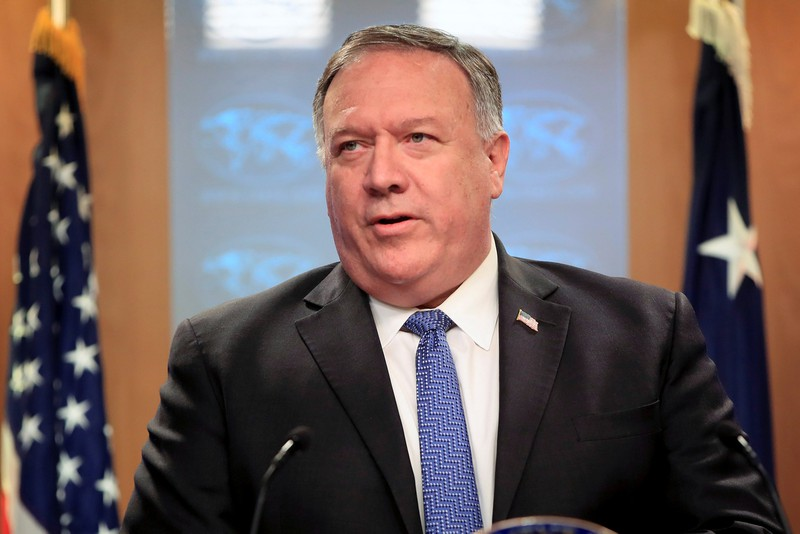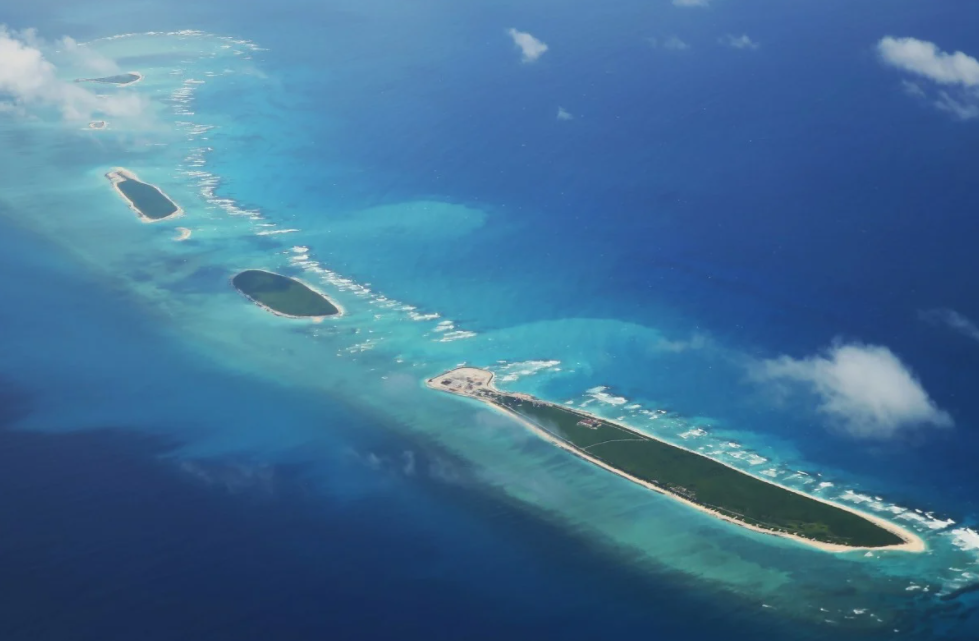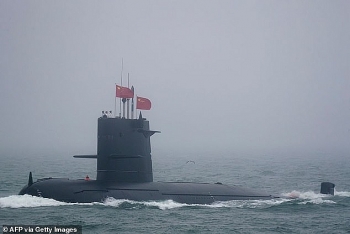US adds Chinese companies to Entity List for helping build military islands in South China Sea (Bien Dong Sea)
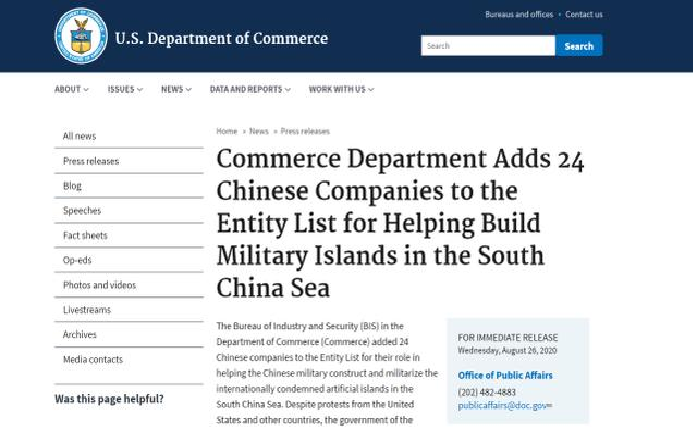 |
| The US Department of Commerce adds 24 Chinese companies to Entity List for helping build military islands in South China Sea. |
The Bureau of Industry and Security (BIS) in the US Department of Commerce (Commerce) has added 24 Chinese companies to the Entity List for their role in helping the Chinese military construct and militarize the internationally condemned artificial islands in the South China Sea (known as Bien Dong Sea in Vietnam).
Despite protests from the US and other countries, the Chinese government has been rapidly building the artificial islands since 2013, enabling the Communist Chinese Party’s (CCP) militarization of disputed outposts in the South China Sea to undermine the sovereign rights of US partners in the region, according to the bureau.
“The US, China’s neighbors, and the international community have rebuked the CCP’s sovereignty claims to the South China Sea and have condemned the building of artificial islands for the Chinese military,” said Commerce Secretary Wilbur Ross. “The entities designated today have played a significant role in China’s provocative construction of these artificial islands and must be held accountable.”
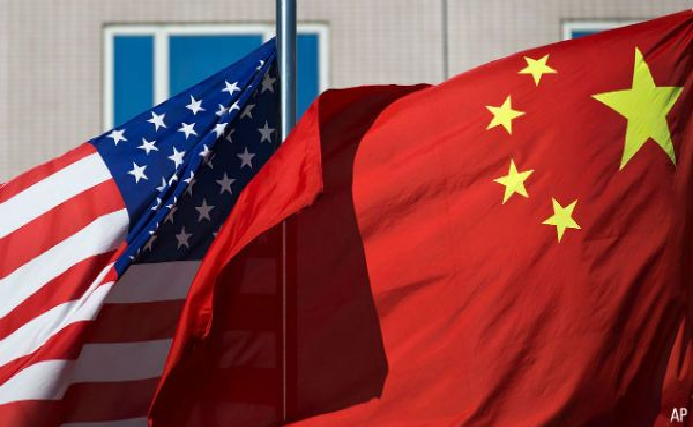 |
| Representative image. Source: AP |
Since 2013, the CCP has dredged and constructed more than 3,000 acres across seven features in the South China Sea, which include air defense and anti-ship missile features.
In addition, China’s dredging and construction of certain outposts violates the sovereign rights of the Philippines, as determined by the Permanent Court of Arbitration in its July 2016 award in a case brought by the Philippines against China.
In the Entity List additions, Commerce determined these entities enabled China to construct and militarize disputed outposts in the South China Sea.
The Entity List is a tool utilized by BIS to restrict the export, re-export, and transfer (in-country) of items subject to the Export Administration Regulations (EAR) to persons (individuals, organizations, companies) reasonably believed to be involved, or to pose a significant risk of becoming involved, in activities contrary to the national security or foreign policy interests of the United States. Additional license requirements apply to exports, re-exports, and transfers (in-country) of items subject to the EAR to listed entities, and the availability of most license exceptions is limited.
| These companies were placed on the Entity List for enabling China to reclaim and militarize disputed outposts in the South China Sea: • China Communications Construction Company Dredging Group Co., Ltd. • China Communications Construction Company Tianjin Waterway Bureau • China Communications Construction Company Shanghai Waterway Bureau • China Communications Construction Company Guangzhou Waterway Bureau • China Communications Construction Company Second Navigation Engineering Bureau • Beijing Huanjia Telecommunication Co., Ltd. • Changzhou Guoguang Data Communications Co., Ltd. • China Electronics Technology Group Corporation, 7th Research Institute (CETC-7) • Guangzhou Hongyu Technology Co., Ltd., (a subordinate institute of CETC-7) • Guangzhou Tongguang Communication Technology Co., Ltd. (a subordinate institute of CETC-7) • China Electronics Technology Group Corporation, 30th Research Institute (CETC-30) • China Shipbuilding Group, 722nd Research Institute • Chongxin Bada Technology Development Co., Ltd. • Guangzhou Guangyou Communications Equipment Co., Ltd. • Guangzhou Haige Communication Group Co., Ltd. • Guilin Changhai Development Co., Ltd. • Hubei Guangxing Communications Technology Co., Ltd. • Shaanxi Changling Electronic Technology Co., Ltd. • Shanghai Cable Offshore Engineering Co., Ltd. • Telixin Electronics Technology Co., Ltd. • Tianjin Broadcasting Equipment Co., Ltd. • Tianjin 764 Avionics Technology Co., Ltd. • Tianjin 764 Communication and Navigation Technology Co., Ltd. • Wuhan Mailite Communication Co., Ltd. |
Visa restrictions on associated individuals
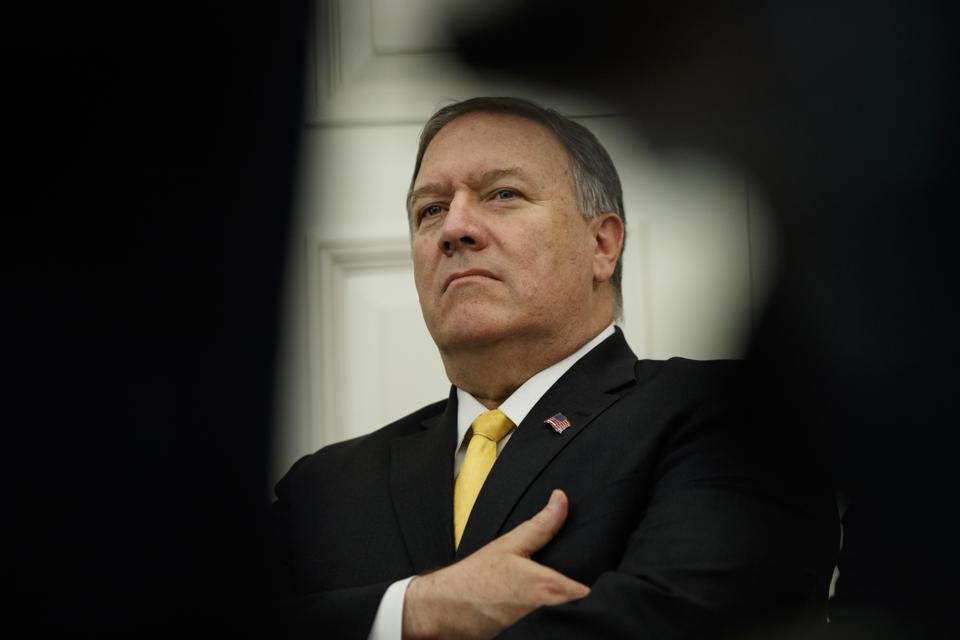 |
| US Secretary of State Mike Pompeo announced the sanctions targeting companies and individuals engaged in building artificial islands in the disputed South China Sea. Photo: AP |
Separately, the US Department of State said it would impose visa restrictions on Chinese individuals responsible for, or complicit in, either the large-scale reclamation, construction, or militarization of disputed outposts in the South China Sea, or China’s use of coercion against Southeast Asian claimants to inhibit their access to offshore resources.
These individuals will now be inadmissible into the US, and their immediate family members may be subject to these visa restrictions as well.
Diplomatic and trade tensions
 |
| Nimitz-class aircraft carriers USS Nimitz and USS Ronald Reagan in the South China Sea. U.S. Navy photo by Mass Communication Specialist 3rd Class Cody Beam |
The restrictions are the latest in a series of actions by the Trump administration, targeting Chinese entities, which has included similar action against the likes of Huawei, ZTE, Tencent and ByteDance, Forbes said.
Washington has repeatedly dismissed China’s claims across much of the South China Sea as “completely unlawful,” and in July two US Navy aircraft carrier groups had conducted joint naval exercises, evoking a strong reaction from China.
Diplomatic and trade tensions between China and the US have risen following the coronavirus pandemic, which the Trump administration has blamed on Beijing.
Since then, Washington has moved to ban Chinese-owned social media platforms TikTok and WeChat from the US, and placed sanctions on Chinese officials accusing them of human rights violations in Hong Kong and Xinjiang.
The South China Sea has emerged as a military flashpoint between the two nations in recent years. China claims about 90 percent of the South China Sea, which sees about USD3 trillion of trade pass through it each year.
To push back against China’s unilateral seizure of the reefs and construction of military installations on the sea, the US has in, recent years, increased what it refers to as freedom of navigation operations, in which its naval vessels sail near Chinese-held islands and other disputed territory in the sea.
China urges US to stop suppressing Chinese enterprises
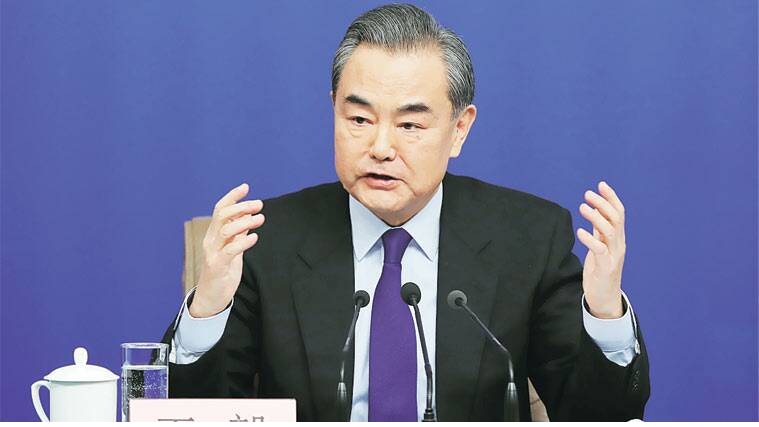 |
| Chinese Foreign Minister Wang Yi. Photo: AP |
China's Ministry of Commerce on August 20 urged the US to stop suppressing Chinese enterprises and do more things conducive to economic and trade cooperation between the two countries and the well-being of the two peoples, according to China Global Television Network (CGTN).
On August 5, Chinese State Councilor and Foreign Minister Wang Yi said the South China Sea is the shared home for the countries in the region and should not be a wrestling ground for international politics.
The US has recently taken a number of provocative actions in the South China Sea, breaching its longstanding commitment of not taking sides and blatantly interfering in the territorial disputes, Wang said.
The minister also rejected the label of militarizing the South China Sea last year, adding that "with the joint efforts of China and ASEAN countries, the situation in the South China Sea has generally remained stable and has been improving."/.
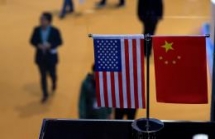 | China, US to have trade dialogues in October China and the US will meet and hold high – level trade dialogues in October in Washington as the Chinese commerce ministry’s announcement on Thursday. |
| China, US additional tariffs on each other's goods begin today China and the United States will begin imposing additional tariffs on each other's goods on Sep.1, the latest escalation in a bruising trade war. |
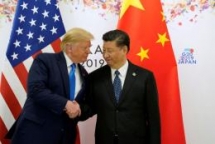 | China, US to restart trade talks as Trump says 'back on track' The United States and China have agreed to restart trade talks and Washington will not level new tariffs on Chinese exports, China’s official Xinhua news ... |
Recommended
 World
World
Pakistan NCRC report explores emerging child rights issues
 World
World
"India has right to defend herself against terror," says German Foreign Minister, endorses Op Sindoor
 World
World
‘We stand with India’: Japan, UAE back New Delhi over its global outreach against terror
 World
World
'Action Was Entirely Justifiable': Former US NSA John Bolton Backs India's Right After Pahalgam Attack
 World
World
Nifty, Sensex jumped more than 2% in opening as India-Pakistan tensions ease
 World
World
India strikes back at terrorists with Operation Sindoor
 World
World
India sending Holy Relics of Lord Buddha to Vietnam a special gesture, has generated tremendous spiritual faith: Kiren Rijiju
 World
World

